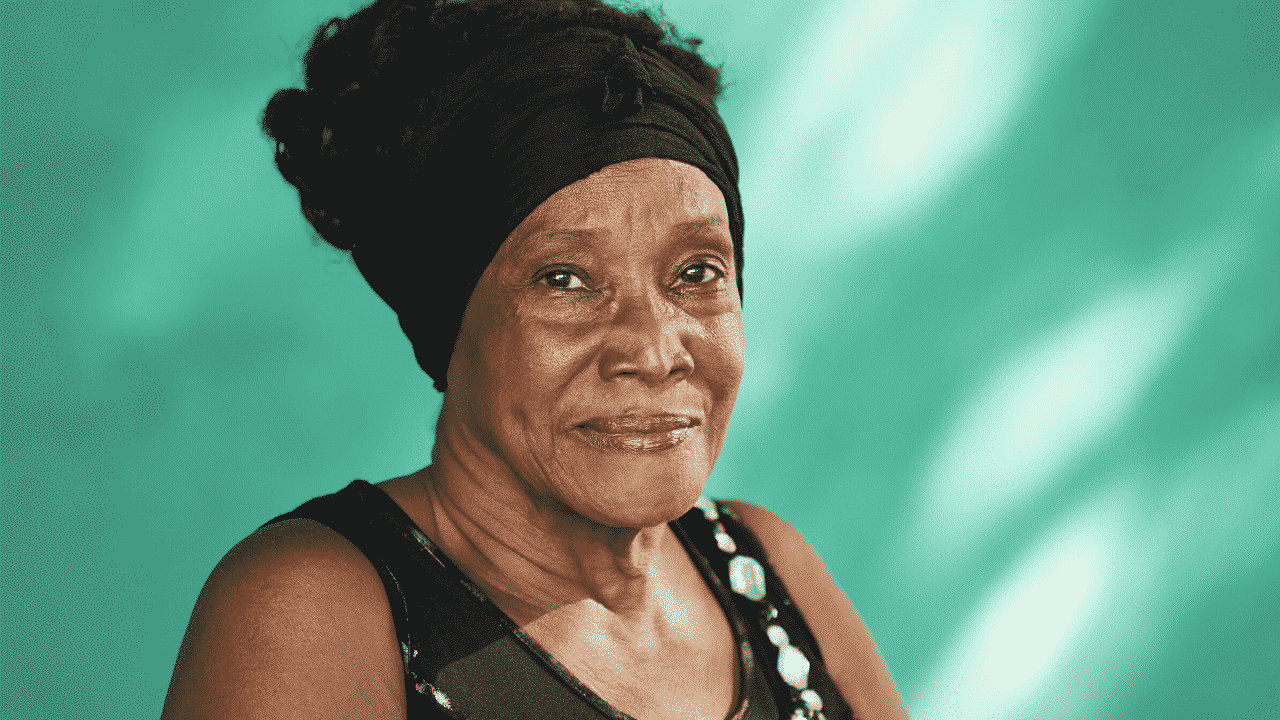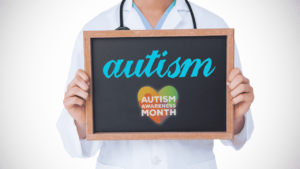With the recent murders of Ahmaud Arbery, Breonna Taylor, and George Floyd, there has been an important spotlight on racial injustice in this country and the toll that these injustices have taken on Black lives.
As a Geropsychologist working in Atlanta, a City in Georgia known for its history of slavery and Civil Rights, many of the African American seniors I work with have experienced indentured servitude, sharecropping, Jim Crow, no voting rights, and segregation (to name only a few). These experiences, coupled with modern-day atrocities and racial injustices, result in cumulative race-related stressors that have a profoundly negatively impact their physical and mental health.
- Cardiovascular Disease: African Americans have two to three times the likelihood of dying from cardiovascular disease compared with Whites at any given age.
- Cancer: African Americans have the highest mortality rate of any racial or ethnic group for all cancers combined and for most major cancers.
- Dementia: Black adults are two to three times more likely to be diagnosed with dementia than White adults, but less likely to be informed and educated by their providers about it.
- COVID: A New York Times article recently identified that nursing homes with a significant number of Black and Latino residents were twice as likely to be hit by the coronavirus as those where the population is overwhelmingly White. There are similar disparities related to mortality rates. In a recent report, African-American deaths from COVID-19 are nearly two times greater than would be expected based on their share of the population.
Health disparities research teaches us that a person’s race alone does not account for higher rates of illness among African Americans, rather that the risk factors that are associated with these illnesses often go unrecognized and untreated by providers largely due to systemic racism and bias on the part of the provider and healthcare system. As a result, African Americans are at greater risk of experiencing adverse outcomes and therefore potentially higher rates of illness and death than their White counterparts.
The stress that African Americans experience as a result of racism is also associated with mental health conditions like depression, anxiety, insomnia, and other serious conditions like post-traumatic stress disorder and substance use disorders.
With these health disparities made apparent, it’s essential that aging, health care, and mental health providers strive for greater awareness and training to properly address race-related stress and the toll racism takes on African American older adults.
What we can do:
A recent report from the American Psychological Association Office on Aging, recommends that people working with older Black adults do the following:
- Understand the impact of racism. For African Americans, the effects of racism are felt daily. Racism also intersects with other forms of discrimination, including ageism, classism, sexism, ableism, and heterosexism. Aim to understand how one’s multiple identities intersect and consider the lens through which individuals view their experiences.
- Listen with empathy. Empathy is the ability to understand and share in another person’s feelings. Soften your tone and practice listening. Try not to avoid conversations, instead, recognize and acknowledge past and present experiences. Then provide support for the thoughts, feelings, and experiences that are shared with you.
- Create safe spaces. Provide opportunities for dialogue around race, culture, gender, sexuality, and socioeconomics. Be open and curious. Avoid falling into a back-and-forth of opinions about politics and history, instead, ask open-ended questions and provide validation of the person’s lived experience.
- Support, strengthen, and enhance resilience. Resilience refers to the ability to successfully adapt and overcome negative life events such as stress and trauma. African American older adults have a long tradition of banding together and rising above adversity. Supporting spirituality, family ties, and strong positive racial group identity reinforces resiliency factors.
- Celebrate culture. Familiarize yourself with activities that celebrate African American life, history, culture, customs, and norms. Then organize and encourage participation in these activities.
- Be mindful of triggers. The current racial injustices, violence, and demonstrations may trigger reminders of past injustices for many African American seniors. Pay attention to the impact of these stressful events and the amount of media older African American adults are exposed to. Consider working with the older adult to identify the best ways to reduce exposure to media, yet helping them remain informed if this is their wish.
- Be aware. Consider your own cultural background and its influence on your values, beliefs, assumptions, and biases. Taking an assumptions test, like the Harvard Implicit Association Test can help develop your awareness about your own unconscious bias as it relates to older adults and African Americans. Additionally, seek out training opportunities on culturally competent geriatric care, with special attention to race-related stress. Make this an on-going practice.
- Refer to mental health services and support. Most African American older adults have developed effective coping skills to manage experiences of racism. However, there may come a time that mental health care is needed, if and when this time comes, culturally competent mental and behavioral health services should be made available. This is especially important given the history of lack of access to mental health care in the past.
- Advocate. As a result of racism, older African Americans have had limited access to resources such as education, employment, health care, housing, and political participation, as well as to community resources. Naturally, this affects a person’s aging process, physical and mental health, and quality of life. Advocacy helps to correct this history and promote healthy aging. Advocate for Black older adults by supporting local and national efforts to increase access to community and national resources for older African Americans.
Dr. Regina Koepp is a Contributing Author for Psychology Today, where this article was originally published on 6/8/20



